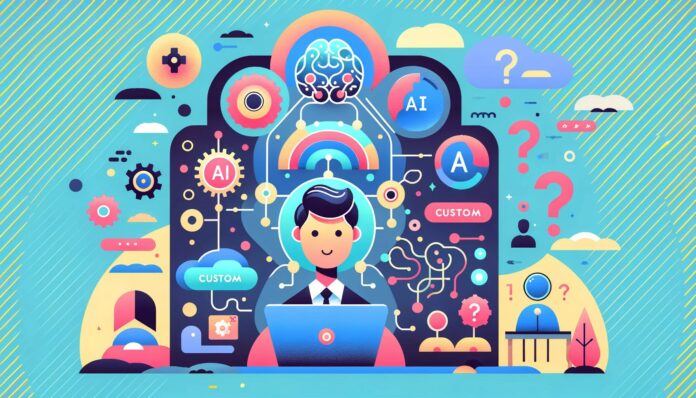OpenAI CEO Sam Altman, in a candid interview with Axios at Davos, shared his insights on the rapidly evolving landscape of artificial intelligence. The discussion revealed both the excitement and the challenges that lie ahead in the realm of AI.
Altman emphasized that OpenAI’s upcoming model, likely GPT-5, will surpass its predecessors by leaps and bounds. This evolution signals a new era in AI capabilities, moving much faster than past tech advancements.
A key point Altman stressed is the need for AI to offer substantial individual customization. However, this tailoring to personal values and cultural norms could lead to discomfort, as AI may provide different responses to different users. Altman highlighted that while certain extreme views are off-limits, AI might need to navigate various cultural perspectives.
The discussion touched on the potential for AI to vary its responses based on users’ values, though Altman believes the country-specific issue to be less critical.
Looking ahead, Altman envisions AI revolutionizing knowledge work. Simple tasks like summarizing important emails could soon be handled by AI, accelerating scientific discovery and fundamentally changing the way we work.
With the world’s eyes on numerous elections in 2024, Altman admits being nervous about AI’s impact. Despite this, he is cautious about “fighting the last war” on election misinformation, focusing instead on nuanced approaches rather than just scaling up election teams.
Altman’s leadership has not been without its challenges, including a brief ousting as CEO. He also defended OpenAI’s content licensing deals amidst a lawsuit by the NY Times, emphasizing the respect for opting out but acknowledging the complexity of avoiding unattributed content.
For CEOs grappling with AI integration, Altman advises focusing on making internal workflows more efficient. His takeaway from a tumultuous 2023? Don’t let critical issues linger.
Altman’s vision paints what might be a very realistic picture of our AI future – filled with both potential and pitfalls.
Sources include: Axios


